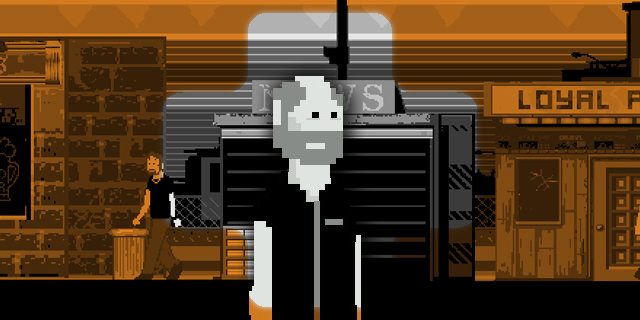
I’m not a big fan of PC gaming, at least not anymore. Yet, every now and again, a small title comes along that catches my attention and practically begs me to play it. These are usually indie darlings with a lot of interesting elements that lead to an uneven, but ultimately rewarding experience. Cart Life, a “retail simulator for Windows” that was released back in 2011, is one such game. It’s a title that demands so much, but in return gives you a look at the life of a character with a somewhat common and compelling story to tell.
Above all else, Cart Life demonstrates that you can ask the player to embark on the most tedious of journeys, if the end goal is ultimately something worth caring about. READ MORE

Now we’re getting to the good stuff. Once we got past the bottom half of the list, it became a lot harder to organize. It’s safe to say that all ten of these consoles deserve a place in history for one reason or another, but there can only be one #1. These are the ten best console launch lineups of all time, according to our panelists. READ MORE

Editor’s note: This guest post by artist Riss Pittman contains Journey spoilers. If you haven’t played it yet, seriously go play it.
Developer thatgamecompany’s Journey focuses not only on intuitive exploration, but also the emotive experience that is a core element of the game. It was created first and foremost to dive into the possibilities of invoking an emotional response out of the player. It takes a very cinematic approach to the presentation, almost like an interactive animated film, that never stops letting the player have a hand in how they view the world. Through use of visuals, sound, music, and a minimal approach to text or dialogue, Journey immerses the player in a very unique emotional journey that isn’t often seen in games.
Before delving too far, it’s important to the address the idea of games as an art medium. Games aren’t particularly respected by society and are viewed either as a childish waste of time, or as politicians want the public to believe, a vehicle for teaching violence to children. Even notable critics like Roger Ebert have scoffed at the idea of games being capable of being art forms. This often comes from a major misunderstanding of what art is and isn’t, and what games can and can’t be. READ MORE






















